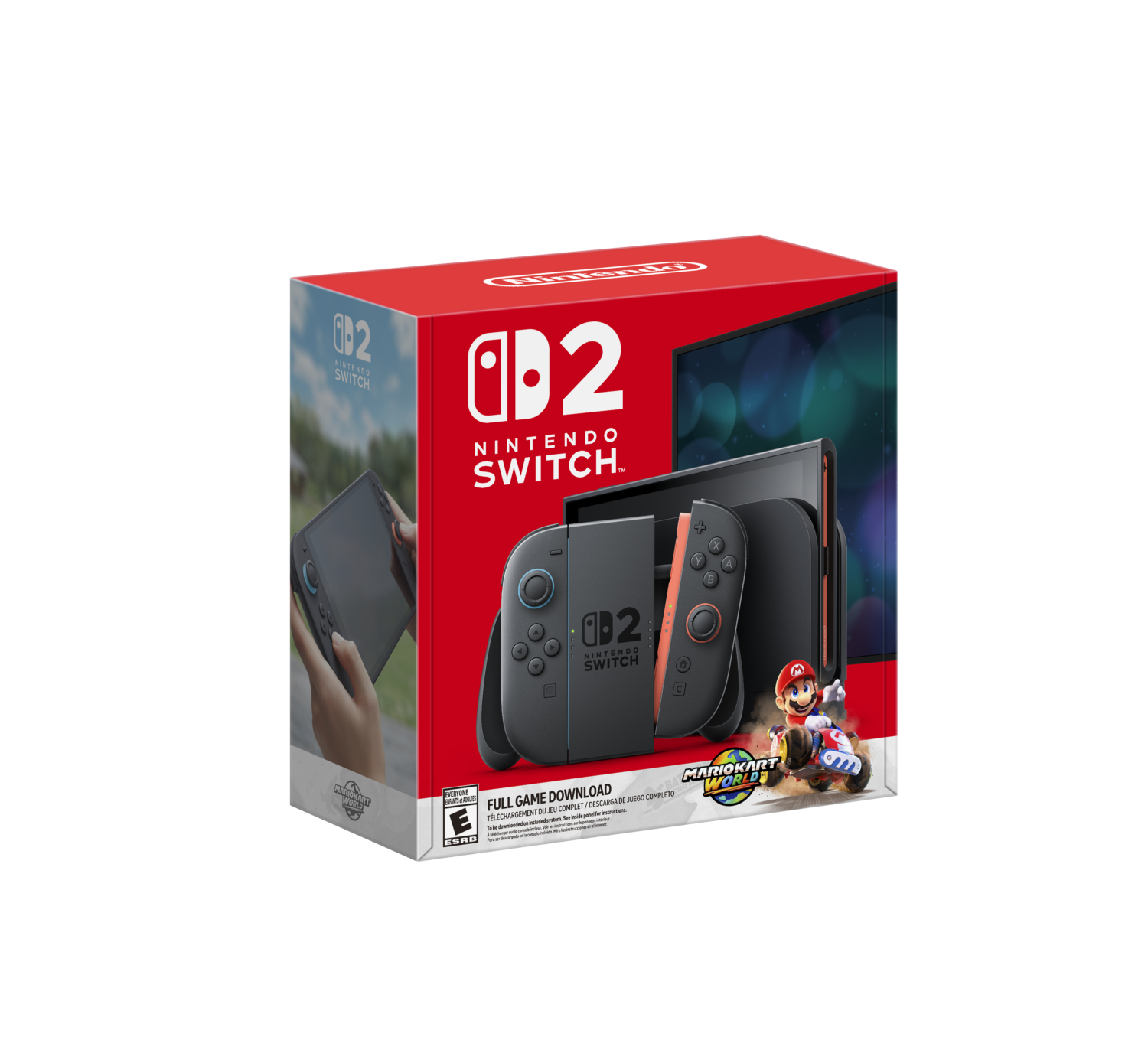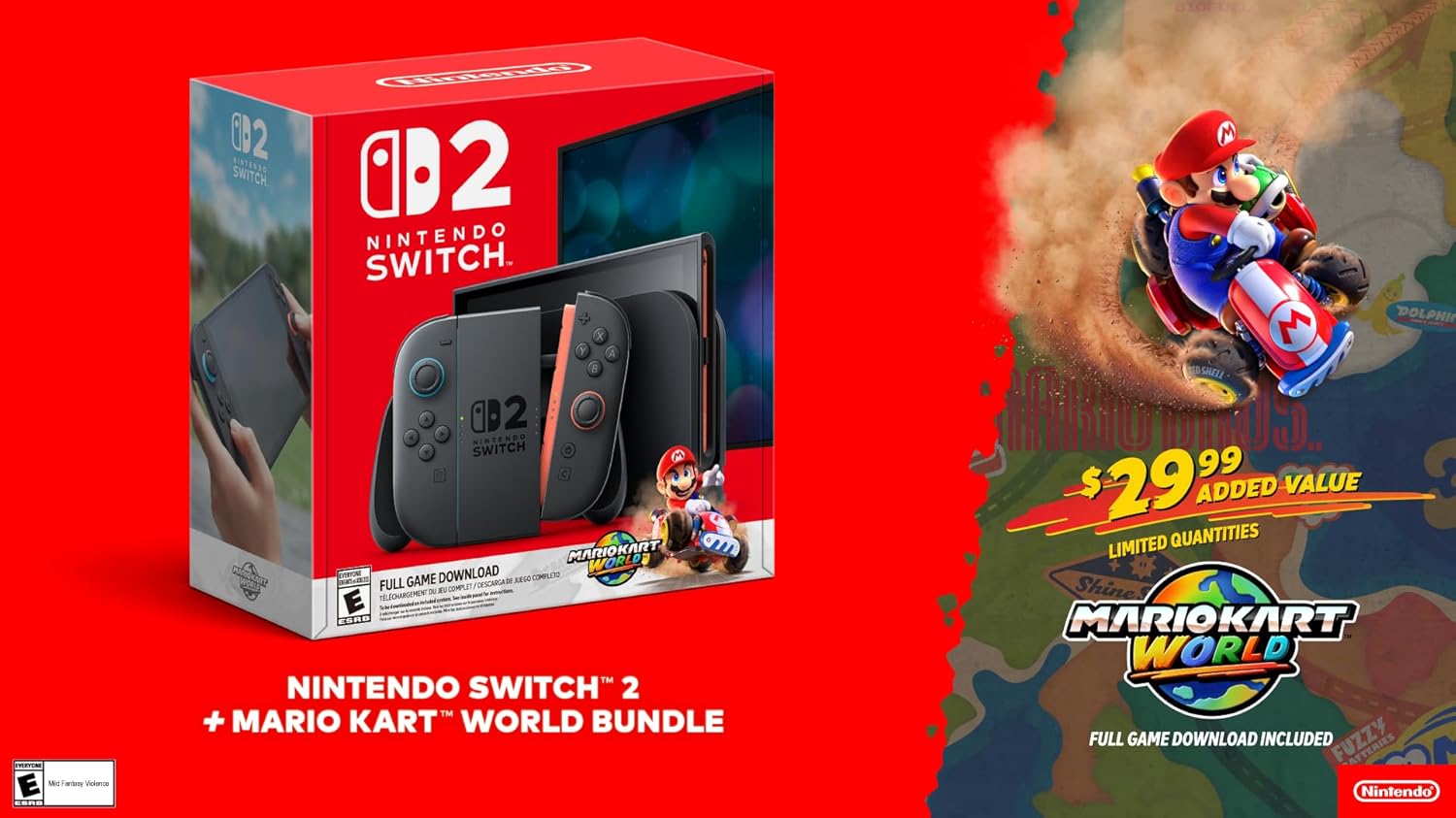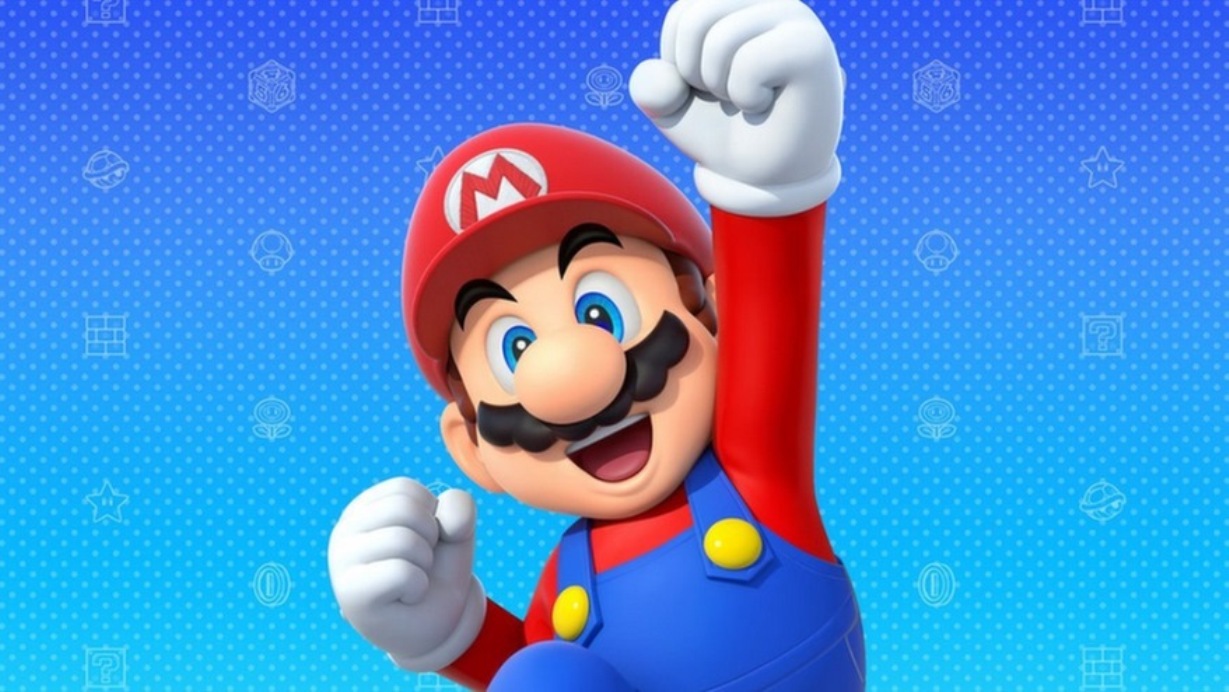Nintendo’s impact on global gaming can hardly be overstated.
As one of the most recognizable entertainment brands, the company’s beloved characters—such as Mario and Donkey Kong—have become iconic figures for millions of players.
Yet, this cultural influence almost never materialized.
In 1983, Nintendo faced a court battle that not only put its characters, but its very future, at risk. The roots of this pivotal moment stretch back to 1981 and the release of Donkey Kong, an arcade game that quickly became a phenomenon.
However, Universal City Studios, the holder of King Kong’s rights, argued that Donkey Kong had infringed on their intellectual property.
The result was Universal City Studios, Inc.
v.
Nintendo Co., Ltd., a critical legal showdown that would determine the fate of Nintendo’s nascent gaming empire. As part of its defense, Nintendo referenced a previous case—Universal City Studios, Inc.
v.
RKO General, Inc.—where Universal maintained that elements of King Kong resided in the public domain.
This precedent undercut Universal’s claims and became central to Nintendo’s argument.
Key individuals from Nintendo of America were thrust into the spotlight, including Jerry Momoda, who had only recently joined the company.
Despite his brief tenure, Momoda became the driving force in the courtroom as Nintendo’s in-house gaming expert. Momoda recounted to Time Extension that soon after moving to Nintendo of America’s Redmond office, he was called upon by Howard Lincoln, then a lawyer representing Nintendo (and future Nintendo of America president), to demonstrate both Donkey Kong and its sequel, Donkey Kong Jr., in federal court.
Momoda recalled receiving a call instructing him to travel to New York City, where all arrangements were made on his behalf, adding, "My parents hardly knew what a video game was then, so you can imagine their astonishment when they learned I was going to New York to play games in a federal courtroom." Upon arriving in New York, Momoda was briefed by Howard Lincoln at a breakfast meeting ahead of the trial, with John Kirby acting as lead counsel for Nintendo.
Kirby’s legal acumen played a decisive role in the courtroom, as he successfully argued Nintendo’s case before Judge Robert W.
Sweet.
Looking back, Momoda admitted, "I didn’t realize at the time just how critical this was.
Had Nintendo lost, the legacy of Mario and Donkey Kong—as well as the company’s future—could have looked very different." The court ultimately ruled in favor of Nintendo.
Judge Sweet determined Universal could not claim exclusive rights to the King Kong property, nor was there a reasonable risk of consumers confusing Donkey Kong with King Kong, thus allowing Nintendo to retain its hit arcade game and, crucially, its creative freedom. This landmark victory paved the way for Nintendo’s enduring success, allowing it to establish franchises like Super Mario Bros.
and expand into new hardware platforms such as the Nintendo Switch.
The Universal City Studios, Inc.
v.
Nintendo Co., Ltd.
case remains a defining chapter in gaming history, reminding the industry of the profound stakes involved in intellectual property disputes and the resilience of Nintendo as a developer and creative powerhouse.
As one of the most recognizable entertainment brands, the company’s beloved characters—such as Mario and Donkey Kong—have become iconic figures for millions of players.
Yet, this cultural influence almost never materialized.
In 1983, Nintendo faced a court battle that not only put its characters, but its very future, at risk. The roots of this pivotal moment stretch back to 1981 and the release of Donkey Kong, an arcade game that quickly became a phenomenon.
However, Universal City Studios, the holder of King Kong’s rights, argued that Donkey Kong had infringed on their intellectual property.
The result was Universal City Studios, Inc.
v.
Nintendo Co., Ltd., a critical legal showdown that would determine the fate of Nintendo’s nascent gaming empire. As part of its defense, Nintendo referenced a previous case—Universal City Studios, Inc.
v.
RKO General, Inc.—where Universal maintained that elements of King Kong resided in the public domain.
This precedent undercut Universal’s claims and became central to Nintendo’s argument.
Key individuals from Nintendo of America were thrust into the spotlight, including Jerry Momoda, who had only recently joined the company.
Despite his brief tenure, Momoda became the driving force in the courtroom as Nintendo’s in-house gaming expert. Momoda recounted to Time Extension that soon after moving to Nintendo of America’s Redmond office, he was called upon by Howard Lincoln, then a lawyer representing Nintendo (and future Nintendo of America president), to demonstrate both Donkey Kong and its sequel, Donkey Kong Jr., in federal court.
Momoda recalled receiving a call instructing him to travel to New York City, where all arrangements were made on his behalf, adding, "My parents hardly knew what a video game was then, so you can imagine their astonishment when they learned I was going to New York to play games in a federal courtroom." Upon arriving in New York, Momoda was briefed by Howard Lincoln at a breakfast meeting ahead of the trial, with John Kirby acting as lead counsel for Nintendo.
Kirby’s legal acumen played a decisive role in the courtroom, as he successfully argued Nintendo’s case before Judge Robert W.
Sweet.
Looking back, Momoda admitted, "I didn’t realize at the time just how critical this was.
Had Nintendo lost, the legacy of Mario and Donkey Kong—as well as the company’s future—could have looked very different." The court ultimately ruled in favor of Nintendo.
Judge Sweet determined Universal could not claim exclusive rights to the King Kong property, nor was there a reasonable risk of consumers confusing Donkey Kong with King Kong, thus allowing Nintendo to retain its hit arcade game and, crucially, its creative freedom. This landmark victory paved the way for Nintendo’s enduring success, allowing it to establish franchises like Super Mario Bros.
and expand into new hardware platforms such as the Nintendo Switch.
The Universal City Studios, Inc.
v.
Nintendo Co., Ltd.
case remains a defining chapter in gaming history, reminding the industry of the profound stakes involved in intellectual property disputes and the resilience of Nintendo as a developer and creative powerhouse.






